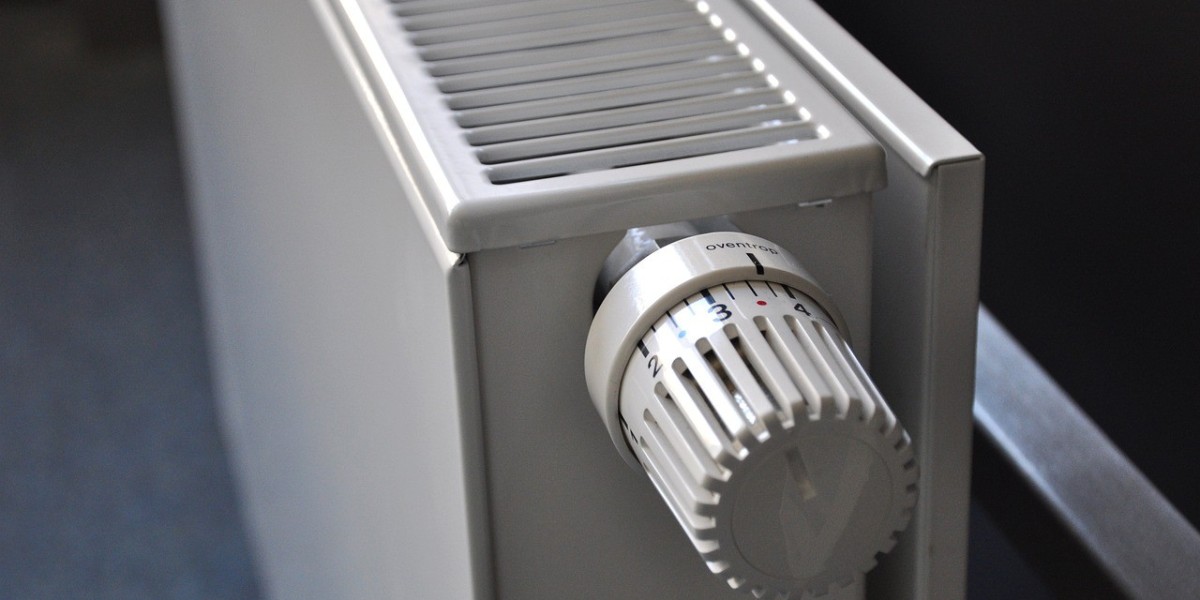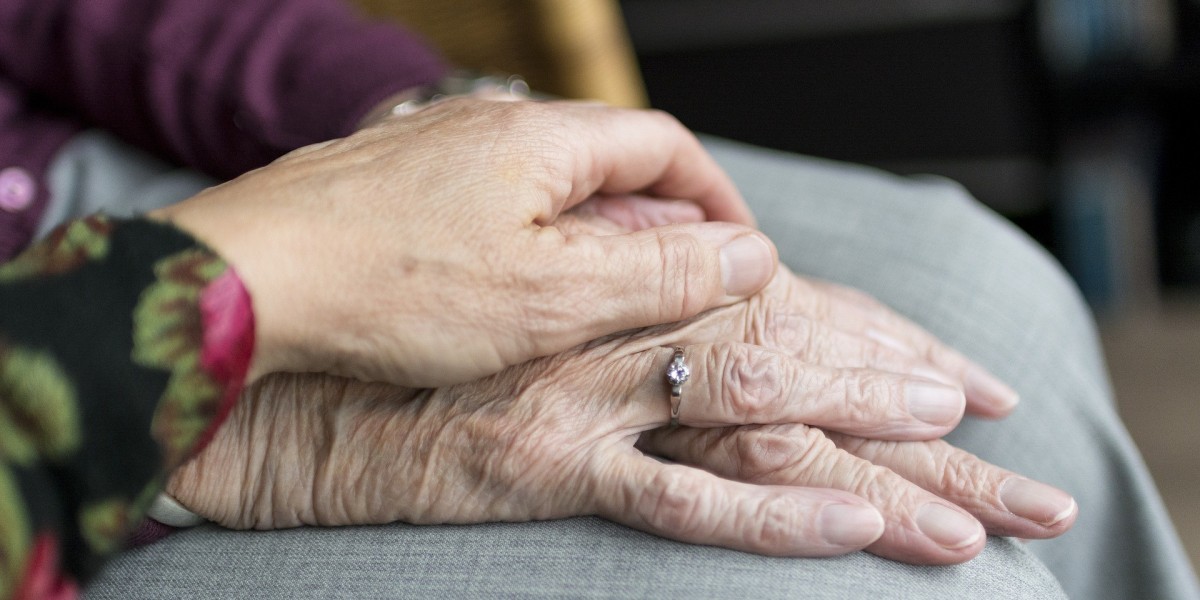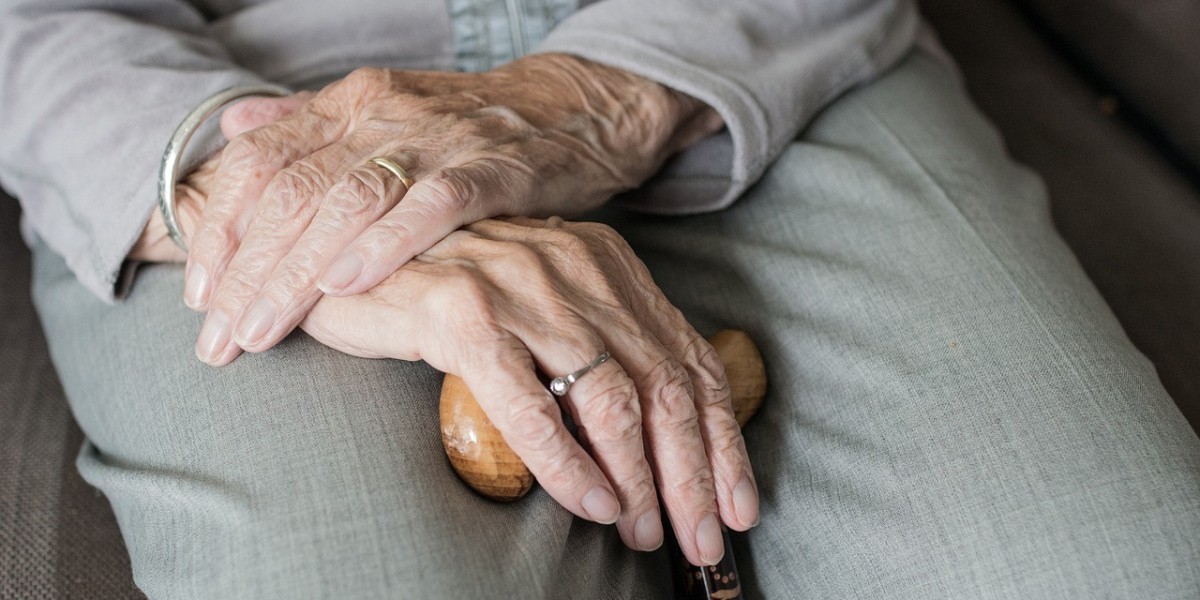As we approach the colder months, carers of individuals diagnosed with Parkinsons disease face unique challenges. Parkinsons is a progressive neurological disorder that affects movement and can impact the bodys ability to regulate temperature, a symptom often overlooked.
During the winter, this issue can become more pronounced, and understanding how to manage temperature dysregulation can help improve the quality of life for your loved one.
Why Temperature Dysregulation Happens in Parkinsons
Temperature dysregulation occurs because Parkinsons affects the autonomic nervous system, which controls automatic body functions such as heart rate, blood pressure, and body temperature. When the autonomic system is compromised, the body may struggle to maintain an appropriate internal temperature, leading to heightened sensitivity to both cold and heat.
In the winter months, cold temperatures can exacerbate symptoms such as stiffness, tremors, and muscle rigidity, making it especially important for carers to be mindful of how their loved one responds to changes in weather.
Common Symptoms of Temperature Dysregulation
Understanding the signs of temperature dysregulation in Parkinsons can help you take preventive measures. Some common signs include:
Sensitivity to Cold: People with Parkinsons may find it difficult to stay warm, and cold temperatures can worsen tremors and stiffness.
Overheating Indoors: While trying to stay warm, your loved one may bundle up in blankets or sit close to heaters, which can lead to overheating and discomfort.
Sweating or Cold Sweats: Individuals with Parkinsons might sweat excessively even when it isnt hot, or they might experience cold sweats during the winter months.
Knowing these symptoms will help you take steps to mitigate discomfort and protect your loved ones health.
Tips for Managing Temperature Dysregulation in Winter
Here are some practical strategies to help manage your loved ones temperature regulation challenges during the winter:
Layered Clothing: Encourage your loved one to wear layers of clothing. Layers provide warmth without causing overheating, as they can be adjusted throughout the day based on comfort levels.
Keep the Home Comfortable: Maintain a stable indoor temperature that isnt too hot or too cold. Avoid excessive use of heating devices that can cause the room to become overly warm. Using a humidifier can also help maintain moisture in the air, reducing discomfort caused by dry, cold air.
Warm Blankets and Heating Pads: While sitting, your loved one may benefit from heated blankets or heating pads, which can ease muscle stiffness and discomfort. Ensure these items are used safely and in moderation to prevent overheating or burns.
Encourage Movement: Gentle movement and stretches can help alleviate stiffness, especially during colder months when muscles tend to tighten. Encourage light exercises that are safe and comfortable for your loved one.
Monitor Hydration: Staying hydrated is essential, even during winter. Dehydration can worsen the effects of temperature dysregulation and may contribute to overheating. Encourage your loved one to drink water regularly throughout the day.
Skin Care: Cold weather can lead to dry, cracked skin, especially in older adults with Parkinsons. Using moisturising lotions and ensuring your loved one is properly hydrated can reduce the likelihood of discomfort caused by dry skin.
Consult with Healthcare Providers: If your loved one is experiencing extreme temperature dysregulation, its important to consult with their healthcare provider. They may recommend medications or therapies to help manage the symptoms more effectively.
The Emotional Impact of Winter on Parkinsons
Caring for a loved one during the colder months can also affect their emotional and mental well-being. The shorter days and lack of sunlight can contribute to Seasonal Affective Disorder (SAD) or depression, which can be more prevalent in individuals with Parkinsons. Be mindful of changes in mood, energy levels, and sleep patterns during the winter.
Encouraging activities that boost mental health, such as spending time in natural light, participating in light physical activities, and engaging in hobbies, can help mitigate the emotional toll of winter.
Join the We Talk Care Community for Support
At We Talk Care, we understand the challenges of caring for a loved one with Parkinsons, especially as the winter months approach. Temperature regulation is just one of many aspects carers need to consider, and our community is here to offer support, advice, and understanding every step of the way.
If youre looking for tips, shared experiences, or just a space to connect with others who understand, join the We Talk Care community today. Together, we can navigate the complexities of caregiving with compassion and empathy. Join us at We Talk Care to find support this winter season and beyond.







